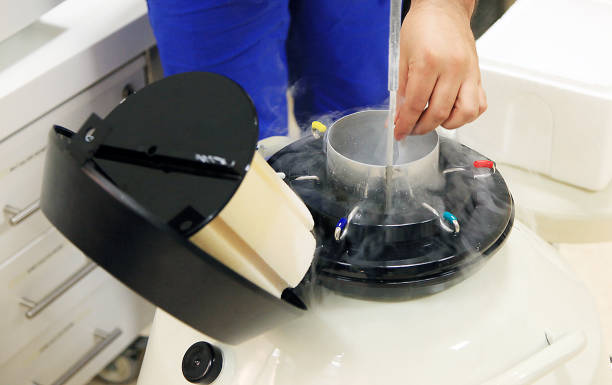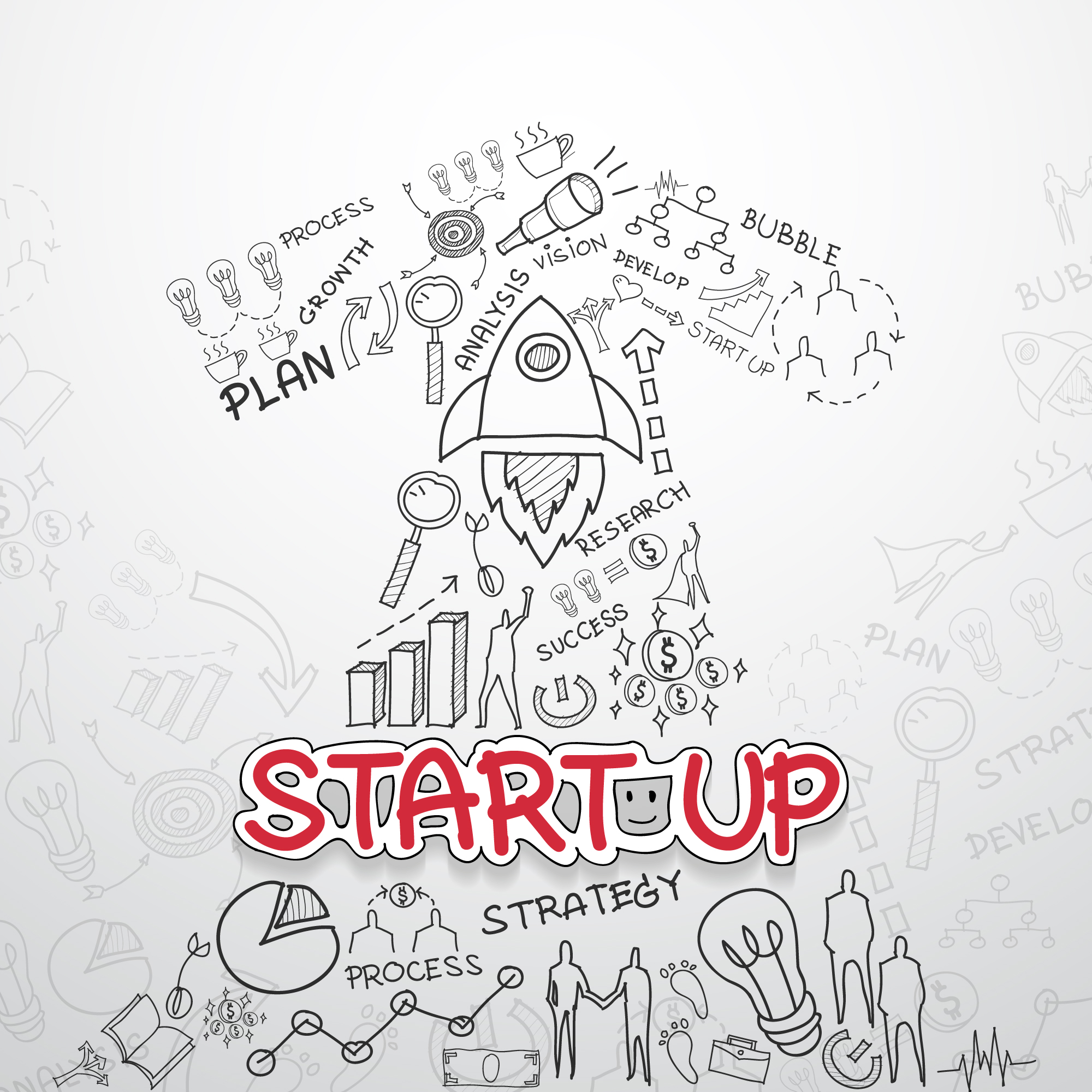Embryo Freezing: Empowering Fertility and Family Planning

In the realm of reproductive medicine, embryo freezing, or cryopreservation, has emerged as a transformative technology, offering newfound possibilities for couples navigating the challenges of infertility. This groundbreaking technique has not only revolutionized assisted reproductive technologies (ART) but has also provided solutions for fertility preservation and family planning. In this article, we delve into the science behind embryo freezing, its applications, and the profound impact it has on the lives of individuals and families.
The Science of Embryo Freezing:
Embryo freezing is a sophisticated process that involves the preservation of embryos at ultra-low temperatures using a technique known as vitrification. This method prevents the formation of ice crystals within the cells, preserving the embryos’ integrity during the freezing and thawing processes.
The journey begins with in vitro fertilization (IVF), where eggs are fertilized with sperm outside the body. After fertilization, the resulting embryos are cultured for a few days until they reach a suitable developmental stage for cryopreservation. The embryos are then carefully frozen, allowing them to be stored for an extended period without compromising their viability.
Applications of Embryo Freezing:
- Fertility Preservation: One of the primary applications of embryo freezing is fertility preservation. Individuals facing medical treatments that may jeopardize their fertility, such as chemotherapy or radiation therapy, can opt to freeze embryos before undergoing these treatments. This ensures that they have the opportunity to start a family in the future without the additional challenges associated with compromised fertility.
- Family Planning Flexibility: Embryo freezing provides couples undergoing IVF with increased flexibility in family planning. By freezing excess embryos, they can choose the timing of additional pregnancies, enabling them to build their family at a pace that aligns with their preferences and life circumstances.
- Donor Embryo Programs: The advent of embryo freezing has facilitated the growth of donor embryo programs. This approach allows individuals or couples who have successfully completed their IVF journey to donate embryos to those struggling with infertility. It opens new avenues for family building and promotes a sense of community within the fertility treatment sphere.
The Human Aspect:
Embryo freezing is not merely a scientific breakthrough; it is a tool that addresses the emotional and personal aspects of fertility challenges. It provides individuals and couples with the opportunity to take control of their reproductive journey, fostering hope and empowerment in the face of infertility.
Ethical Considerations:
While embryo freezing has brought immense hope, it also raises ethical considerations that warrant thoughtful discussion:
- Unused Embryos: Couples who undergo embryo freezing may face complex decisions regarding the fate of unused embryos. Questions about whether to use, donate, discard, or adopt out these embryos require careful consideration, emphasizing the importance of ethical guidance and support.
- Informed Consent: Clear and comprehensive informed consent processes are essential in ensuring that individuals fully understand the implications of embryo freezing. Empowering patients to make informed decisions about the fate of their embryos is crucial in navigating the ethical landscape of fertility treatments.
Conclusion:
Embryo freezing stands as a beacon of hope for individuals and couples grappling with fertility challenges. By combining cutting-edge science with a compassionate understanding of the human experience, this technology opens doors to a range of possibilities, from preserving fertility in the face of medical treatments to providing new avenues for family building. As the field continues to evolve, ongoing ethical discussions and responsible practices will play a pivotal role in shaping the future of embryo freezing and its impact on reproductive medicine.















